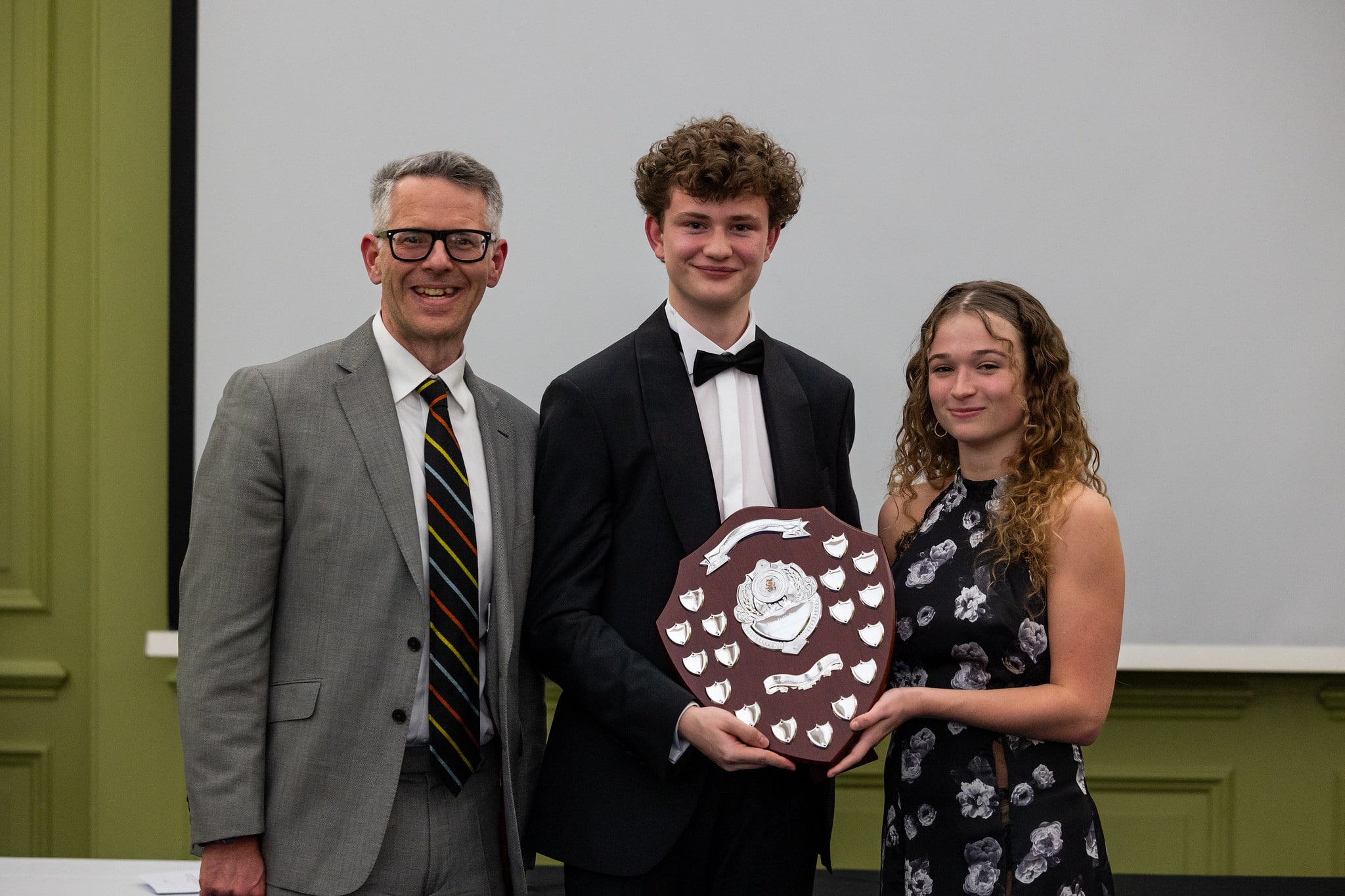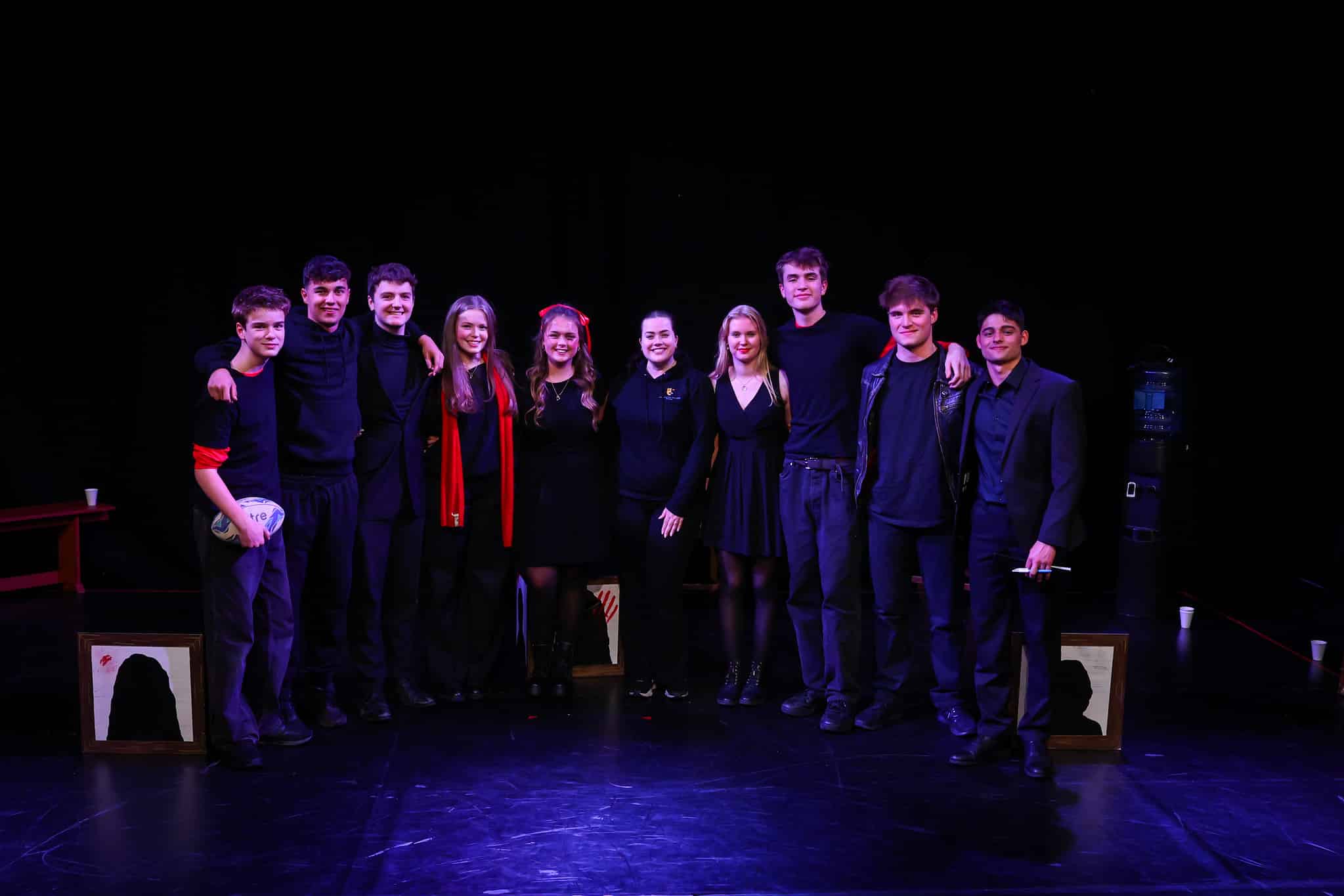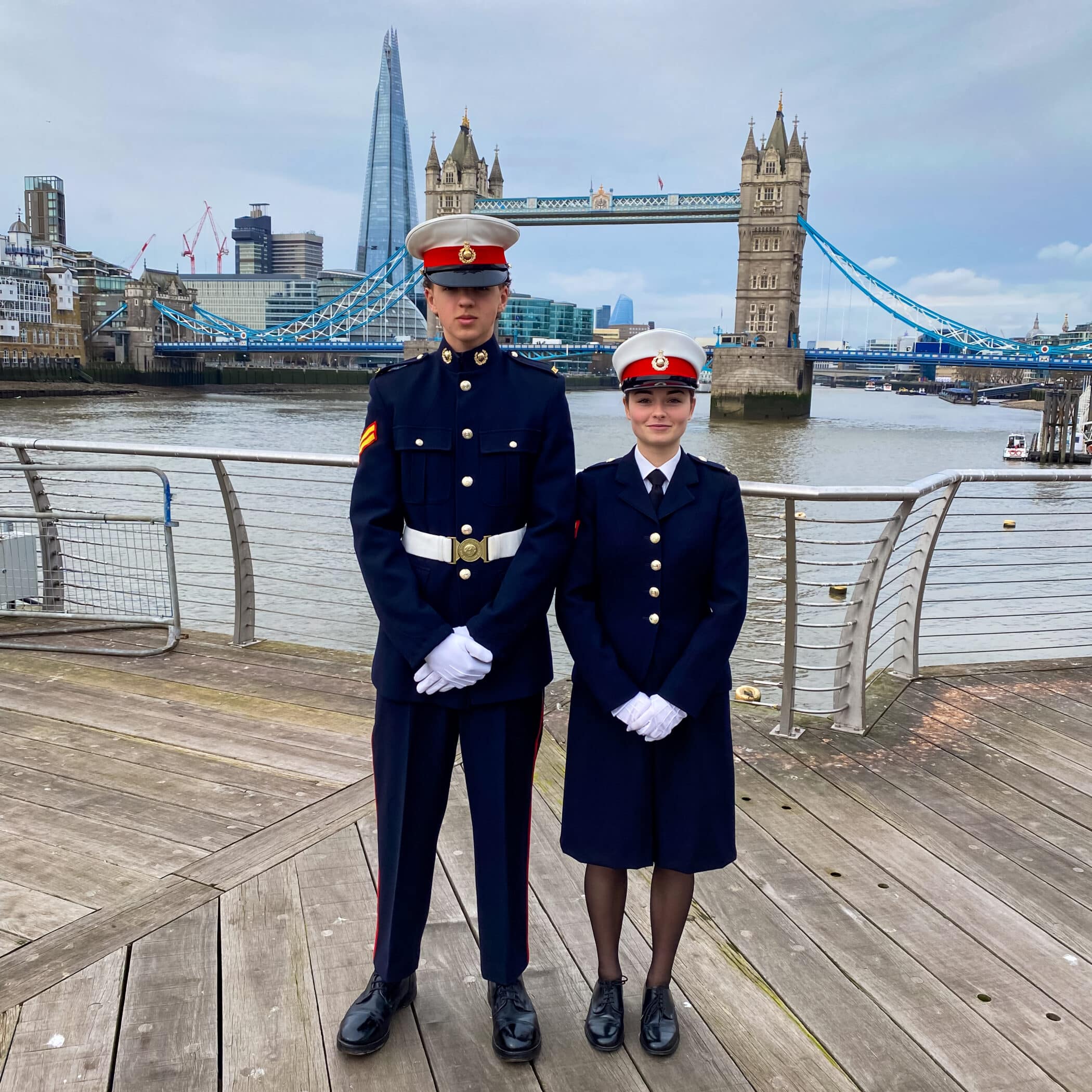
Independent Schools Council
James Dahl, Master of Wellington College, reflects on the wider role of the independent sector as the nation’s schools continue to respond to the challenges of COVID-19.
At the recent Westminster Education Forum, I was privileged enough to be asked to speak on the topic of ‘Independent schools and the wider school system: partnership, support and outreach, and the role of the sector in challenging times’. As I said to the virtual audience, the answer is simple – there is a large role for our sector to play in terms of partnership, support and outreach in these remarkably challenging times. It is a role which our sector must play, and it is a role which I believe our sector is playing.
It is important to acknowledge that this vital external work has been undertaken by so many within our schools with huge passion and commitment, even while we have all been grappling with the internal challenges of keeping our own shows on the road. At a time when it would be easy simply to look inwards, it is a source of pride that so many independent schools have chosen to look outwards too and, in my mind, there are three areas of priority.
Firstly, we should do everything we can to address the growing attainment gap by supplementing governmental interventions to support families of low income or disadvantage. Our schools should play a proactive part in the solution to this national crisis. Last year independent schools hosted summer schools, delivered catch-up sessions, provided one-on-one tutorial support, and shared online resources on a massive scale. I have no doubt that we will see the same in the months to come. Many independent schools also funded food packages and voucher schemes for children on free school meals in partner state schools, before Marcus Rashford took on the baton of this particular issue so effectively.
Dozens of our schools have also directly addressed the issue of the digital divide by supplying devices, laptops, Wi-Fi packages and data bundles to local families in need. On Thursday 28 January, Tes published a survey which revealed that 71% of state schools had still not received the number of laptops needed to enable all their pupils to access online learning. The aim of our Donation for Education scheme here at Wellington is to provide a laptop to every child at our 26 partner state schools who does not currently have access to a device.
Last year, we also set up an educational grant facility so that local partner schools can apply for and receive direct financial support from us to fund a bespoke package of interventions to address the attainment gap within their specific contexts. We made two awards to local academy trusts in 2020 and aim to broaden this provision in 2021, both in terms of recipients and the quantum of the grants made.
Secondly, independent schools should use their existing partnerships and external networks to share best practice, support professional development and provide resources, where needed, across partner schools to aid in the collective effort to deal with the challenges of operating during the pandemic. The question was asked at the Conference whether the partnership gap has grown as a result of COVID. Our experience has been the opposite – our connections with our partner schools have never been closer, particularly in terms of peer-to-peer support. This is partly because teachers across all sectors have been faced with the same issues around pivoting to online provision. It is also partly because online platforms have made it easier for groups of teachers to meet, discuss experiences, and share best practice, albeit on a screen rather than in person.
Thirdly, as a sector we must continue to reach out to our local communities and to give as generously as we can in this collective and national effort to deal with COVID-19. Whether this means providing accommodation for frontline NHS workers, using our design & technology departments to produce PPE for doctors’ surgeries, hospitals and local care homes, or to offer our facilities – as over 200 independent schools have already done – to local health authorities to be used as vaccination hubs, our sector must continue to look outwards and offer generous and unconditional support in any way we can to support the national effort.
I balance all of this with an understanding that our sector covers a diverse range of schools in an equally diverse range of settings, many of which are well resourced and able to make contributions across multiple partnership and outreach channels, but many of whom are not and may only be able to commit to one or two partnership strategies.
I would not dream, therefore, of advocating a one-size-fits-all answer to this particular question, just as there is not a one-size-fits-all template for what educational partnership and outreach should look like in normal times. But to do nothing at this time of continuing national crisis would be to abandon our charitable and moral duties.
Published February 2021









